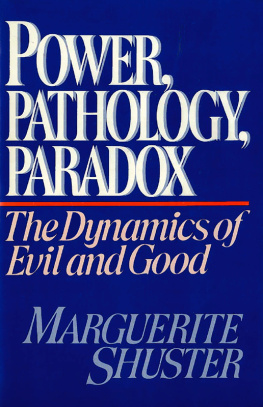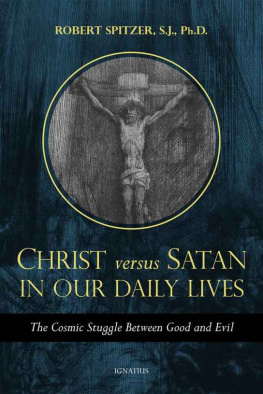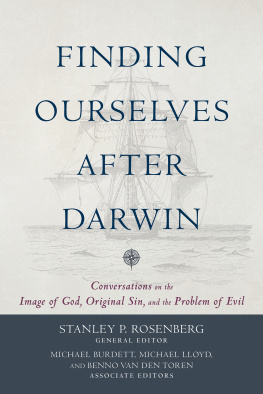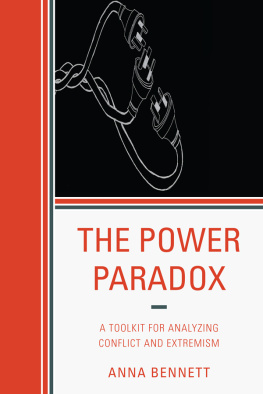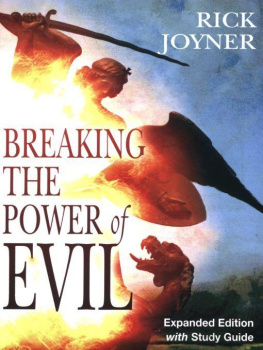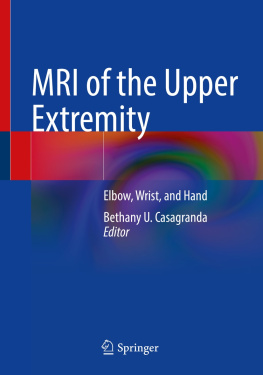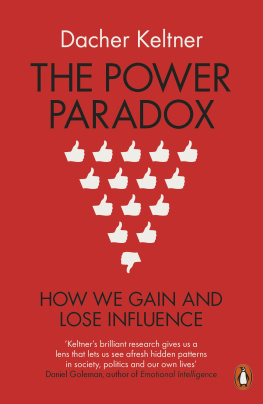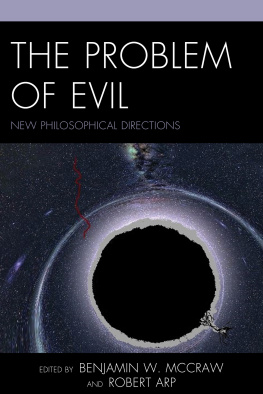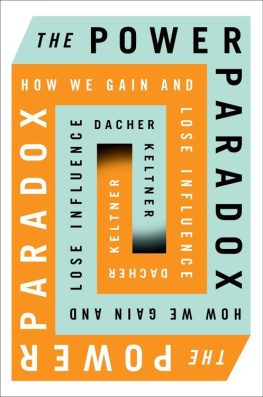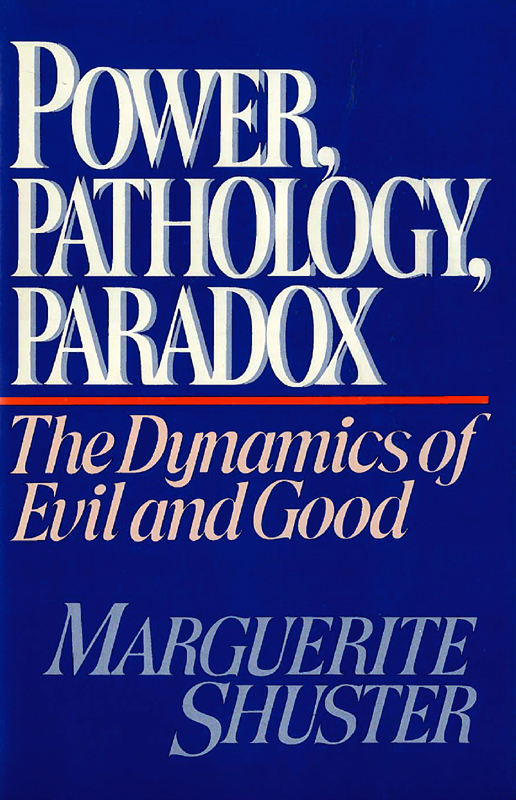
Power, Pathology, Paradox
The Dynamics of Evil and Good
Marguerite Shuster
ZONDERVAN
Power, Pathology, Paradox
Copyright 1987 by Marguerite Shuster
All rights reserved under International and Pan-American Copyright Conventions. By payment of the required fees, you have been granted the non-exclusive, non-transferable right to access and read the text of this e-book on-screen. No part of this text may be reproduced, transmitted, downloaded, decompiled, reverse engineered, or stored in or introduced into any information storage and retrieval system, in any form or by any means, whether electronic or mechanical, now known or hereinafter invented, without the express written permission of Zondervan.
ePub Edition March 2012: ISBN 978-0-310-49393-8
Requests for information should be addressed to:
Zondervan, Grand Rapids, Michigan 49506
Library of Congress Cataloging-in-Publication Data
Shuster, Marguerite.
Power, pathology, paradox : the dynamics of evil and good / Marguerite Shuster.
p. cm.
Includes .
ISBN 978-0-310-39750-2
1. Good and Evil. 2. Spiritual life. 3. Psychology, Patholotical. I. Title.
BJ1401.S48 1987
241.38714221
The Scripture quotations contained herein are from the Revised Standard Version of the Bible, copyright 1946, 1952, 1971 by the Division of Christian Education of the National Council of the Churches of Christ in the USA, and are used by permission.
The Divine Wit of Miraculous Conceptions, by R. Slotten. Copyright 1971 Christian Century Foundation. Reprinted by permission from the March 10, 1971 issue of the Christian Century.
If God is Godtake the odd, by A. MacLeish. From J.B.: A Play in Verse by Archibald MacLeish. Copyright 1956, 1957, 1958 by Archibald MacLeish. Copyright renewed 1986 by William H. MacLeish and Mary H. Grimm. Reprinted by permission of Houghton Mifflin Company.
Is That All There Is by Jerry Leiber and Mike Stoller. Copyright 1966 Jerry Leiber Music & Mike Stoller Music. Administered by WB Music Corp. All Rights Reserved. Used by Permission.
Thanksgiving for a Habitat, by W.H. Auden. Copyright 1963 by W.H. Auden. Reprinted from W.H. Auden: Collected Poems edited by Edward Mendelson, by permission of Random House, Inc. Reprinted by permission of Faber and Faber Ltd. from Collected Poems by W. H. Auden.
Any Internet addresses (websites, blogs, etc.) and telephone numbers in this ebook are offered as a resource. They are not intended in any way to be or imply an endorsement by Zondervan, nor does Zondervan vouch for the content of these sites and numbers for the life of this book.
All rights reserved. No part of this publication may be reproduced, stored in a retrieval system, or transmitted in any form or by any meanselectronic, mechanical, photocopy, recording, or any otherexcept for brief quotations in printed reviews, without the prior permission of the publisher.
To my long-time friend RMB, to whose integrity I can only aspire and through whose affirmation I first knew experientially the grace of our Lord Jesus Christ; and to my new friend Jan, who has taught me much about faithfulness.
Contents
The central purpose of this study is to explore the problem of psychopathology within the framework of the larger problem of evil. That task is clearly an immense one and by its very nature leads to a picture drawn with broad strokes. The delimiting and boldest one will place the problem frankly within the theological framework of spiritual warfare. The lines narrow to a more philosophical and psychological focus on the theme of power, for the nature of the forces operative in our world governs what may affect us for good or illwhat may go right or wrong and under what circumstances. In psychopathology something has plainly gone wrong. How one conceives its cause, cure, and prevention is determined not by empirical indexes alone but by the world view governing ones selection of data and ones understanding of personal experience.
The study is divided into four sections. Three parts correspond to the titlepower, pathology, and paradox. The other, comprising the first four chapters, explores data that have been used to support various views of the nature of reality. Can we sufficiently explain our experience by reference to material determinants alone? Or must we conceive the universe as having a mental, nonmaterial component? If so, might that component be continuous, such that minds are connected by something other than sensory channels? Finally, do we need to import nonhuman spiritual entities, in addition to societal pressures, as causes for the effects we see in the world? What powers must we postulate? The data, intended to be provocative, are initially presented with considerable credulity, so as to make a case for each position in question. If readers also perceive a measure of cavalier skepticism seasoning the credulity of the treatment, they may attribute it both to my recognition of the probabilistic nature of all empirical affirmations and to my conviction that things are often not what they seem. is a turning point, for it specifies the paradigm implicitly present in the preceding chapters and explicitly governing the succeeding ones.
In , in open accord with a biblical world view, deals with Satan and demons as personal, willful beings. The following three chapters consider implications of that world view for our understanding of the major and minor evils in human experience. This shift in data base does not, however, entail a shift of theme: the focus is still on the issue of power. First, the Devil and his minionsin their basic nature, activity, and ability to produce effects in the worldmay be characterized by raw power. Second, pathology of any sort produces at least some area of powerlessness. Third, powerlessness tends to lead to a compensatory striving for power and thence, directly or indirectly, into the snares of Satan, whose domain power is. Thus pathologyan area of impotencemay be viewed as demonic in its origins and as tending to provoke reconstitutive efforts that are essentially demonic. The psychotherapist may easily be trapped into promoting cures that are ultimately as bad as the disease. The dilemma is how to remedy powerlessness without succumbing to power seeking.
The final three chapters promote a radical, paradoxical, Christian view of health whereby the power of Satan is conceived as being countered not by a like power but by the Word and Spirit of God operative through human weakness. Evil is seen as defeated at its roots when we are enabled not to do it, when we are strengthened to bear the suffering of others, and when it is transformed to good by the Holy Spirit. These chapters challenge every view of health that would exalt it to the level of a minor deity or would make its major prerequisites autonomy, independence, self-fulfillment, self-esteem, and the like, as over against a focus on right relationships with God and ones brothers and sisters.
The question might well be raised of the relationship of experience to exegesis as a determinant of the views articulated in these pages. In one sense, that sort of chicken-and-egg question is discussed in a world view determines what one sees, and what one sees establishes ones world view. The best answer I can make is that, without scriptural revelation, I would have difficulty, in this day and age and culture, perceiving the course of daily life in terms of spiritual warfare. On the other hand, if there were no phenomena in the world today lending themselves to such an interpretation, I doubtless would be writing about something else! I both take the normativeness of Scripture as an a priori and believe that, since it purports to have an objective referent in the world, experience may sensitize one to its current relevance and meaning. Thus, the claim that we are engaged in spiritual warfare is first and foremost a faith statement, but I believe that there are pressing experiential reasons for conceiving that warfare not metaphorically but rather as it was conceived by the New Testament writers.
Next page
